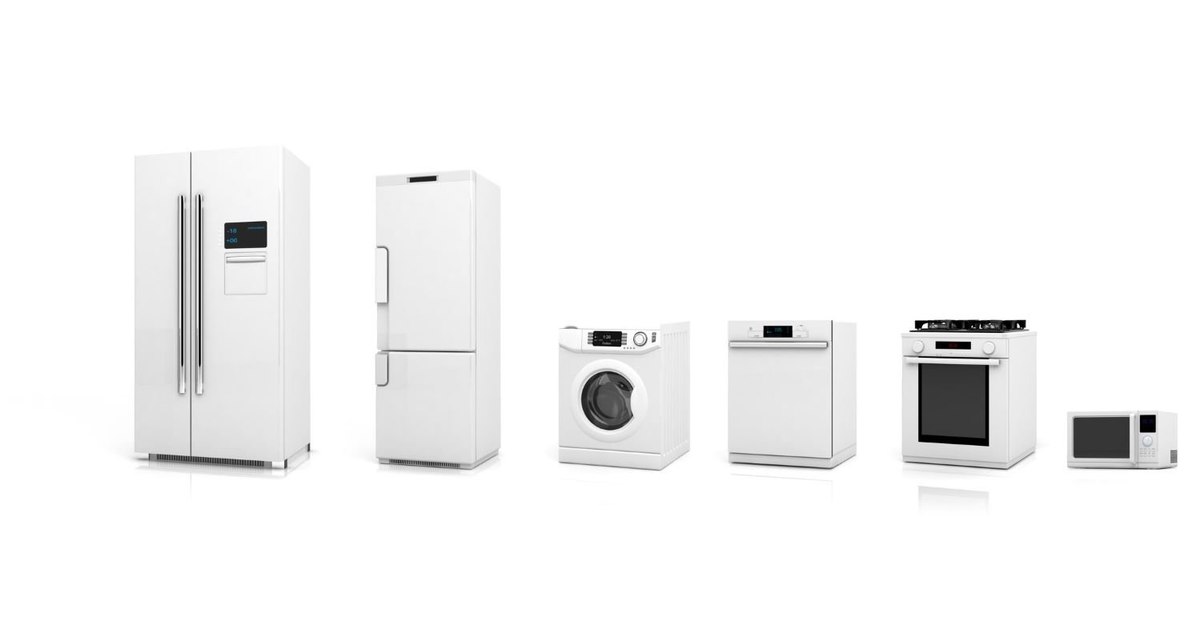
Global: How are consumers responding when faced with supply-chain shortages?
Consumers are facing shortages of goods in many key industries thanks to the COVID-19 pandemic’s disruption of global supply chains. That’s been compounded by a scarcity of semiconductors, which are essential to many automotive and technology products. New YouGov data reveals the extent of how these shortages are affecting consumers in Great Britain and the US.
When asked whether it has been easier or harder to purchase their preferred products in the past six months, more than two in five Britons (45) say it has been harder – with just 3% saying it has been easier. Half (50%) have not noticed any difference either way. In the US, however, three in five (58%) have had difficulty getting their first choice of item – with 5% saying it has been easier. Just over a third (35%) haven’t noticed any change at all.
Which items are Britons and Americans missing out on?
Britons and Americans who have found it harder to buy their first choice products are most likely to report difficulty buying groceries (GB: 91%; US 81%) – followed by personal/toiletry items (GB 23%; US 32%); and over-the-counter medicines (GB: 18%; US 19%).
From there, however, there are some clear divergences. Americans who have had first-hand experiences of shortages over the last six months, for example, are much more likely to report that it has been difficult to access their preferred technology products (GB 9%; US 17%) and fashion/clothing items (GB 9%; US 13%). There’s also evidence that consumers in the US have had greater difficulty purchasing their preferred games consoles (GB 8%; US 15%) and domestic appliances (GB 6%; US 14%).
There is an especially wide gulf when it comes to cars and car parts: while just 5% of Britons report difficulty purchasing these items, this rises to nearly a fifth of Americans who have had difficulty buying their first-choice products (18%).
What do consumers do when their first choice is not available?
So what do consumers do when they can’t buy their first choice product?
Overall, 16% of both Britons and Americans say they generally prefer to wait, while more than seven in ten (GB 76%; US 72%) say they seek out an alternative product. But this varies heavily depending on what kind of items they have been trying to buy.
For example, a third of Britons who’ve found it hard to buy a car would wait for a first-choice (33%) – while in the US, a quarter of consumers in the same position would hold out for their preferred option (25%). Good news for automakers? Perhaps, but 45% of Britons and 69% of Americans would still seek out an alternative.
In terms of technology, a third of Britons and Americans (33%) who haven’t got their preferred products in this area say that, in most cases, they’re happy to wait until they become available – but three in five would seek out an alternative (GB 59%; US 59%). This can be extended to games consoles: three in ten Britons who’ve struggled to find their first-choice console (30%) would hold out for their preferred product, and a comparable proportion of Americans say the same (32%). Since not getting a PlayStation means you won’t be able to play Spider-Man 2, not getting an Xbox or PC means you won’t be able to play Halo Infinite, and not getting a Nintendo Switch means you won’t be able to play the sequel to Breath of the Wild, this makes sense – the products aren’t interchangeable. More concerningly for manufacturers, 63% of Britons and 52% of Americans would seek out an alternative – suggesting that they’re willing to forgo exclusives to get a next-gen machine. The race to provide them is well and truly on.
Groceries, however, are more interchangeable: 16% of Britons who haven’t got their preferred grocery products and 15% of Americans say they’d hold out for their first-choice, but an overwhelming majority (GB 78%; US 79%) say they’d seek out an alternative.
Methodology
GB:
YouGov polled 2,000 British adults online on 21 September 2021 between 20:28 and 22:26 BST. The survey was carried out through YouGov Direct. Data is weighted by age, gender, education level, region, and social grade. Results are nationally representative of adults in Great Britain. The margin of error is 4.0% for the overall sample. Learn more about YouGov Direct.
US:
YouGov polled 2,000 US adults online on 21 September 2021 between 20:42 and 23:29 BST. The survey was carried out through YouGov Direct. Data is weighted by age, gender, education level, political affiliation, and ethnicity. Results are nationally representative of adults in the United States. The margin of error is 3.0% for the overall sample. Learn more about YouGov Direct.
Receive monthly topical insights about the retail industry, straight to your inbox. Sign up today.
Discover more retail content here
Start building a survey now with YouGov Direct
Who’s your most critical audience right now?



































